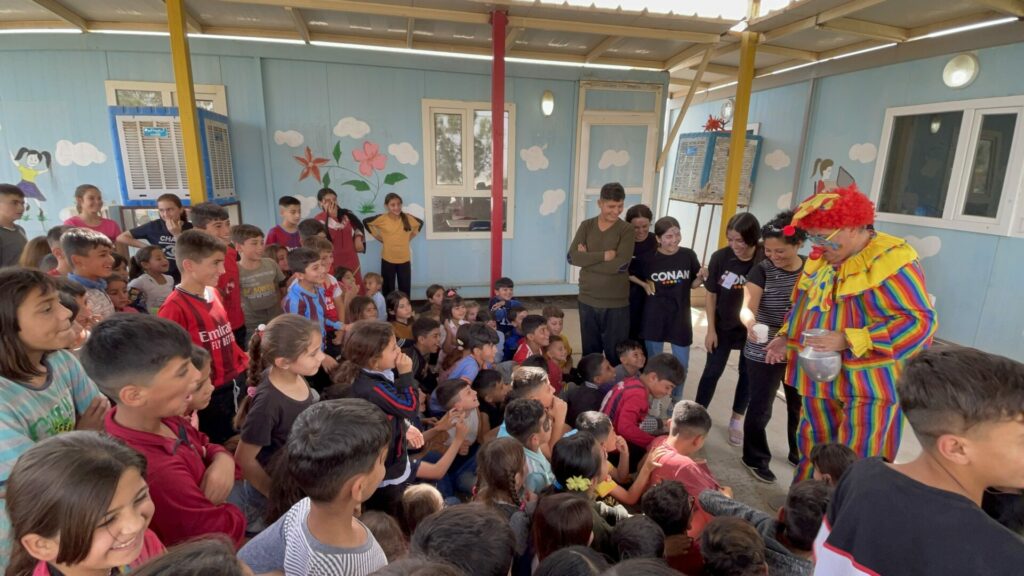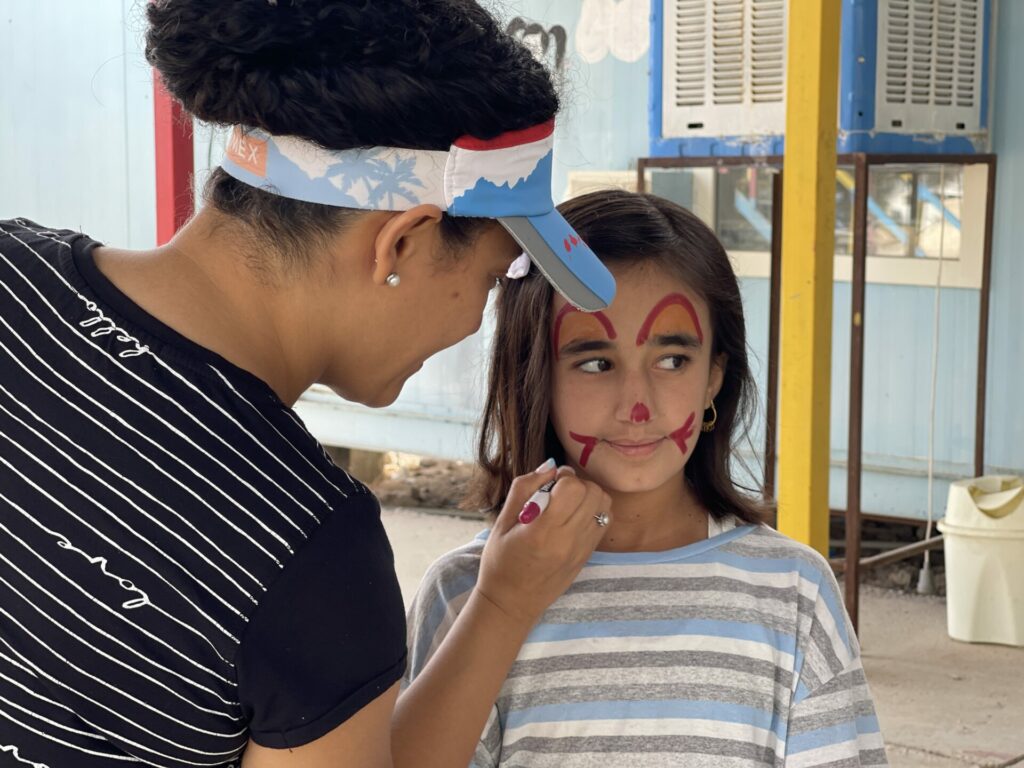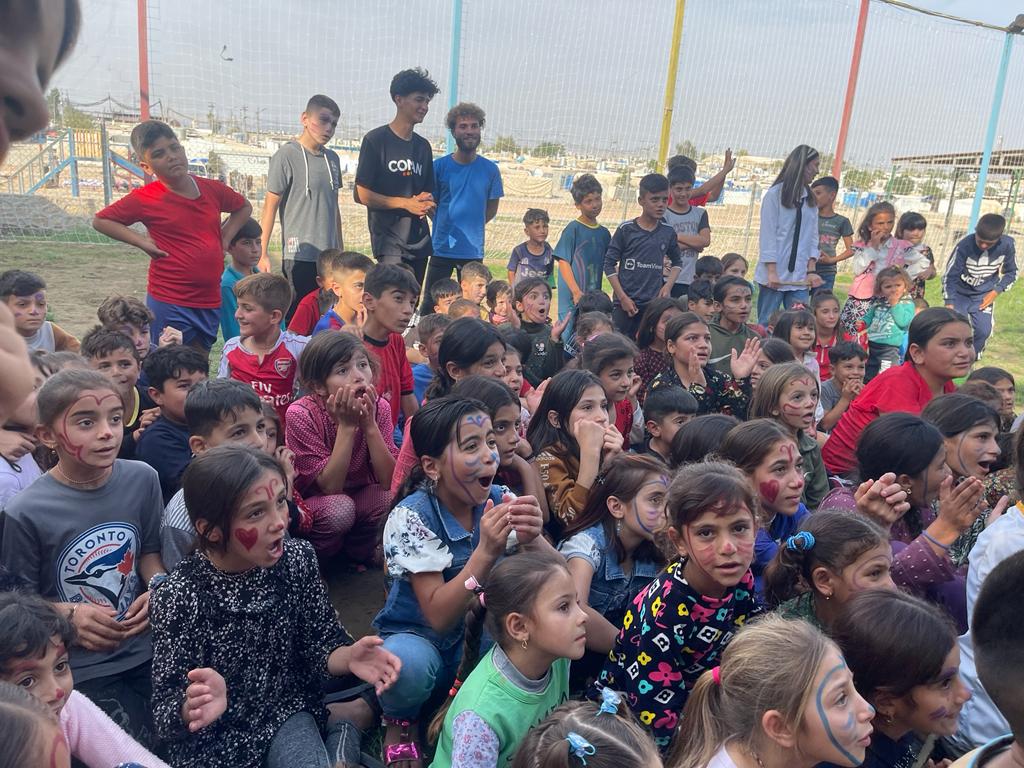January 13, 2023
How Poverty Affects Education?
How Poverty Affects Education?
The detrimental consequences of poverty on academic achievement at all levels have been amply documented and widely acknowledged. Even in wealthy nations like the United States, poverty is a persistent reality. Accordingly, children from lower income households perform much worse than children from better income households on tests of language and communication skills, number knowledge, copying and symbol use, concentration span, and cooperative play with other kids. In addition, children from lower socioeconomic status (SES) households performed worse on a receptive vocabulary exam than children from higher SES households. Therefore, it is abundantly evident and undisputed that disadvantaged children have cognitive and behavioral disadvantages during their academic years.

On this account, intervention aimed at decreasing exposure to risk factors of poverty is of a paramount importance. This is due to the fact that such interventions enhances the opportunity for growth and educational success. Moreover, programs for health prevention and intervention issues (including vaccinations and prenatal care) are connected with improved health outcomes for children from low-income families result in improved mental capacity and better academic achievement. Therefore the goal of the ROS interventions is to promote a child’s development through a variety of services and supports.

Our overarching objective is to lessen the effects of poverty and SES on academic success, taking into account the consistent data about the pervasive detrimental impact of poverty on educational attainment and the hopeful positive outcomes of interventions. Some of our achievements rely on the following:
- Raise awareness of the short-, medium-, and long-term costs of allowing these children and youth to fail or leave school;
- Advocate for and support schools that work to achieve equity of outcomes;
- Advocate for and support intervention programs that offer academic, social, and community support to raise the success of disadvantaged children and youth.
Donate now and help us to reach more kids: Donate Now!
Also Read:


